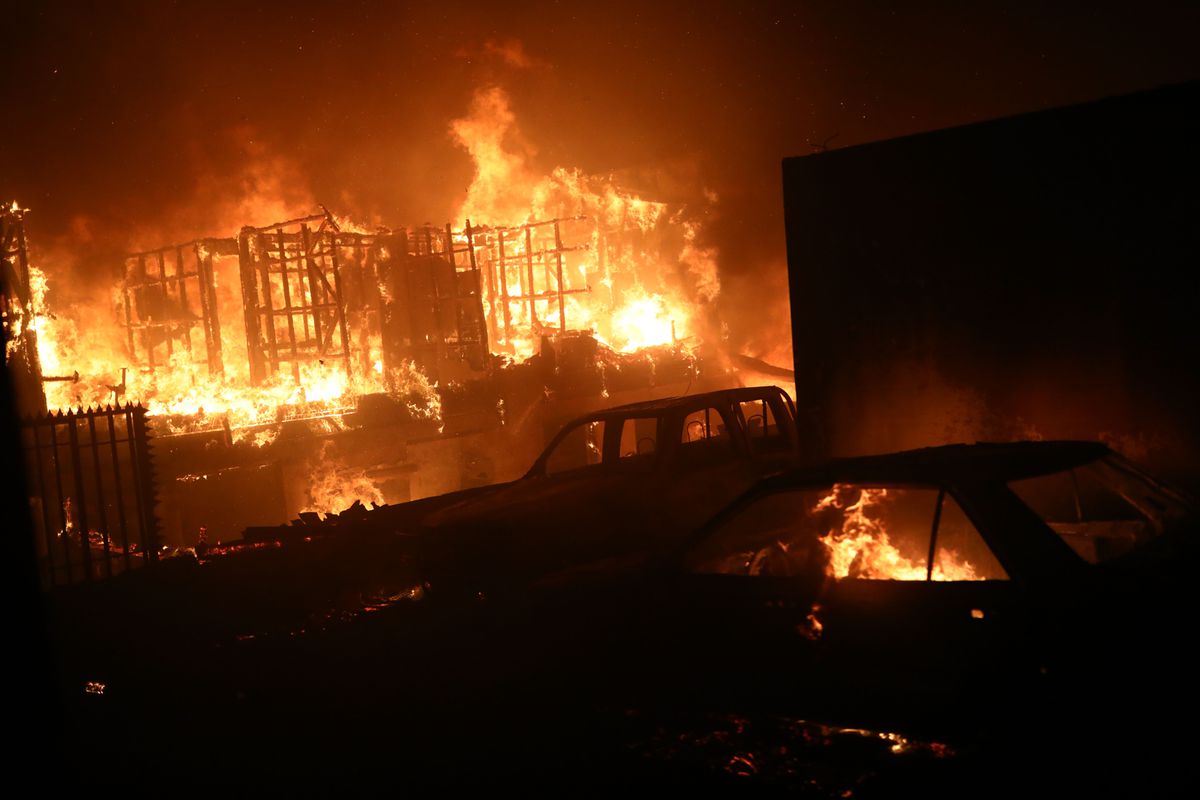If climate measures make everything worse
Created: 02/28/2022, 13:18
A place is on a dike behind a beach in the Netherlands.
© picture alliance / dpa
Adaptation to climate change is good, but many measures are a double-edged sword.
If not planned properly, they create new problems: seawalls, biofuels, and cotton bags.
Geneva - One goal of international climate policy is to reduce the effects of global warming on people and nature.
However, a danger lurks: "There is growing evidence of misalignment," writes the Intergovernmental Panel on Climate Change in its new report.
What is meant are measures that are intended to solve a problem, but do more harm than help and, in the worst case, even fuel climate change.
In some cases, negative consequences can be avoided with proper planning.
The Intergovernmental Panel on Climate Change mentions sea walls or artificial irrigation, but there are also other examples:
seawalls and dikes
They can protect coastal residential areas and fields when sea levels rise or stronger storms cause flooding.
But such walls could destroy coastal ecosystems such as coral reefs.
They could also lull people into a false sense of security.
"More families are moving to an area that is said to be safe to live in," writes the Intergovernmental Panel on Climate Change.
irrigation
With irrigation, food can be grown even where water is scarce.
This is an important adaptation measure, but if not planned well, too much groundwater and water can be taken from other sources, says co-author Tabea Lissner of the German press agency dpa.
And: “Irrigation can have a regional to local influence on temperature and precipitation.” According to studies, this can also mitigate or intensify temperature extremes.
dams
Ethiopia has just put its controversial Nile dam into operation.
Hydropower produces energy more cleanly than climate-damaging fossil fuels, and reservoirs are reservoirs of water.
But the countries on the lower reaches of the Nile, Egypt and Sudan, fear that they will get less Nile water.
Landscapes can then become deserted and thus bind less CO2 than before and less food could be grown.
biofuels
Biofuels are an alternative to petrol and diesel.
But in Indonesia, South America and other regions, huge areas of rainforest have been cleared for the cultivation of palm oil and soybeans.
This decimates the habitat for animals and plants.
The forests are also important CO2 stores.
Elsewhere, such plantations take up space for growing food.
According to a study by the German Environmental Aid, plants for biofuel are cultivated on 1.2 million hectares of valuable agricultural land in Germany alone for diesel and petrol cars alone, 500,000 hectares of which are in Germany.
According to the study, if there were natural vegetation on the land, this would bind more than twice as much CO2 over 30 years as can be saved by using biofuels.
More intensive farming
According to a study by the University of Munich, today's amount of agricultural products could be produced on half of the area through optimized cultivation methods.
It would not have to use more fertilizer than the plants can absorb.
The study did not take pesticides into account.
If the rest of the areas were used differently, six times the global annual CO2 emissions could be saved, says study author Florian Zabel of the dpa.
Independent of this study, climate researcher Almut Arneth warns: "It is not sustainable to increase production through the use of pesticides because this can pollute the soil and water."
Switching to herbal products
Even that can be problematic in some areas: "Bags made of cotton or potato starch instead of plastic - that sounds plausible, but the plants have to grow somewhere," says Arneth of the dpa.
"Humans already use 70 percent of the ice-free areas in the world, 50 percent alone for agriculture, forestry and pastures, there will soon not be much to use."
more on the subject
Thawing permafrost threatens infrastructure
People around the world feel more and more insecure
Too dry: There are hardly any seeds for trees in forests
Other problematic adaptation measures are the desalination of seawater, the increased use of air conditioning or the production of artificial snow because of the high energy demand, which again causes greenhouse gases.
At the Olympic Games in China, huge amounts of water were needed, which farmers would otherwise use to irrigate their fields and which means drinking water for Beijing, says hydrology professor Carmen de Jong.
dpa







/cloudfront-eu-central-1.images.arcpublishing.com/prisa/RFXKLPJ6S5PGXJYGTELOFX5R6E.jpg)







